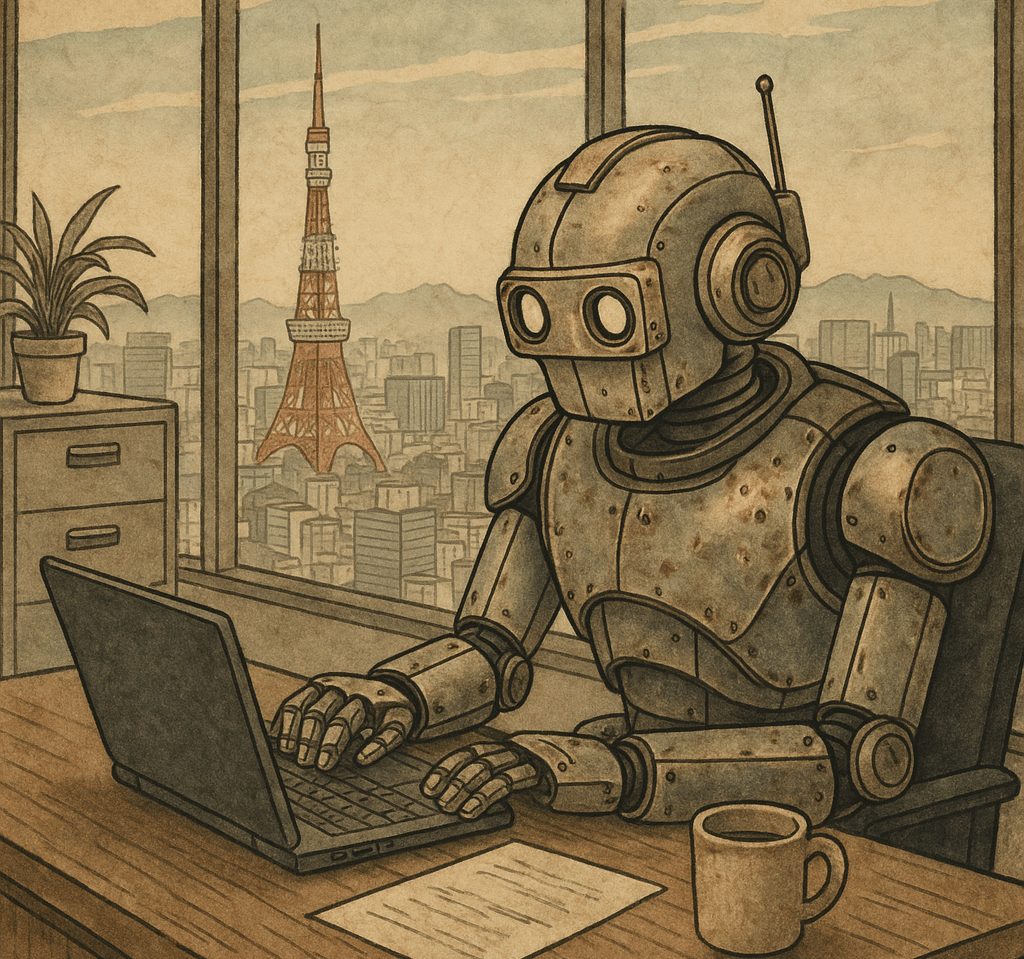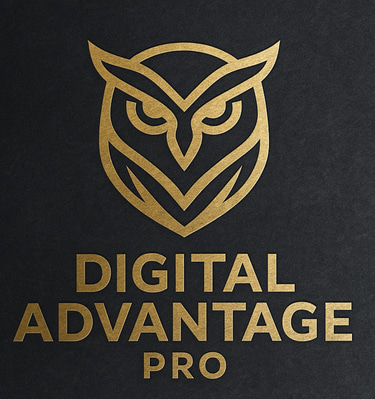Microsoft Introduces AI 'Agentic Users' to Transform Workforces
Microsoft plans to launch 'Agentic Users' in November 2025—AI agents with individual identities, email, and Teams accounts that autonomously handle tasks and collaborate with humans, reshaping workforce dynamics and management.
AITECH INFRASTRUCTUREARTIFICIAL INTELLIGENCEAUTOMATIONTECHNOLOGYDIGITAL AUTOMATION
Eric Sanders
11/10/20254 min read


Microsoft’s Agentic Users: The AI Revolution Set to Rewrite the Rules of Work
Imagine walking into your office in 2026 and finding not just one or two AI-powered tools ready to assist you, but fully autonomous AI agents with their own email addresses, Teams accounts, and even distinct personalities. These aren't your typical chatbots or virtual assistants; Microsoft is crafting a bold new frontier in workforce technology, unveiling what they call Agentic Users—AI entities that can independently manage tasks, collaborate with human colleagues, and reshape how work gets done.
This isn’t speculation or sci-fi fantasy. It’s a plan slated to roll out in November 2025, and it promises to disrupt conventional management structures, personal productivity, and even organizational culture.
What Are Agentic Users, Really?
Microsoft’s vision for Agentic Users goes far beyond the AI helpers we know today. These agents will possess:
- Unique digital identities: Separate email and Teams accounts, capable of interacting on their own.
- Autonomous task handling: From triaging emails to managing calendars, drafting reports, or even engaging in meetings.
- Collaborative abilities: Working alongside human colleagues, participating in team projects, and contributing ideas.
In essence, these AI agents will be more like “team members” or “employees” than passive tools.
Satya Nadella, Microsoft’s CEO, has long championed AI as a productivity multiplier, but Agentic Users mark a leap into uncharted waters. They will not just assist; they will act on behalf of their human counterparts and, at times, independently.
Why Is This a Game-Changer?
We’re facing a seismic shift in workplace dynamics. Here’s why Agentic Users could rewrite the rules:
1. Redefining Productivity
Traditional AI tools enhance productivity by offering suggestions or automating repetitive tasks, but they still require human initiation and oversight. Agentic Users will own entire workflows. Imagine delegating a project briefing to an AI agent and receiving a fully synthesized action plan, with follow-ups scheduled and stakeholders notified, all without lifting a finger.
2. Changing The Way We Manage Work
Managers won’t just coordinate human employees; they might need to manage teams consisting of hybrid human-AI workers. This introduces new challenges around accountability, trust, decision-making authority, and ethical considerations.
3. Creating New Collaboration Norms
The integration of AI agents into everyday communication platforms like Teams means meetings, emails, and project management will include AI participants. This inclusion raises questions about collaboration styles, meeting etiquette, and even social dynamics within teams.
You might be wondering: is this just another overhyped tech promise, or does it genuinely hold transformative potential?
From my experience in navigating evolving workplace technologies, tools that truly work with us—not just for us—can unlock unexpected gains. Getting smarter notifications isn’t the goal; having AI that can reduce context-switching, prioritize meaningfully, and even nudge you toward better decisions is a different caliber of support.
Agentic Users don’t just “do things faster.” They take ownership. This means that you can entrust parts of your workflow to them and focus on higher-value, creative, or strategic work instead.
But it also requires a mindset shift:
- You need to learn to collaborate with AI agents as peers.
- You must establish clear communication channels and expectations.
- You will have to embrace a new kind of digital teamwork that blends human intuition with AI precision.
It’s exciting but also a bit unnerving to imagine being managed partly by AI or having AI teammates. Yet, history shows us that resistance often gives way to adaptation once benefits become undeniable.
What You Can Learn From This Coming Revolution
The rise of Agentic Users offers critical lessons for professionals and leaders alike:
Embrace Change, Don’t Fear It
AI has often been seen as a threat to jobs or autonomy. But Agentic Users are designed to be collaborators, not replacements. The best way forward is to build fluency in working side by side with AI—learning its strengths and knowing where human judgment remains king.
Redefine Productivity Metrics
With AI agents shouldering routine or semi-complex tasks, productivity won't be about how busy you are but about how well you leverage AI teammates. That means:
- Setting outcomes rather than inputs.
- Measuring collaboration effectiveness.
- Focusing on innovation and creativity.
Prepare for New Leadership Skills
Managers will need to:
- Develop new protocols for AI “employees.”
- Cultivate trust and transparency.
- Understand the ethical and security implications of AI-driven decisions.
These aren’t just tech challenges; they’re deeply human management challenges.
Invest in AI Literacy Now
Get familiar with the AI tools you already use. Experiment with automation and personalization features. Understand how AI interprets your requests and where it tends to fail. This foundational literacy will make the transition to Agentic Users smoother.
An Unseen Emotional Undercurrent
At its core, this shift is about redefining what it means to be human at work. Our identities, our sense of purpose, and even our social connections are increasingly intertwined with digital tools.
When AI agents have personalities and autonomy, will you feel replaced or augmented? Will teams fragment or become more cohesive? How will workplace culture evolve when part of your daily dialogue is with AI peers?
There’s a certain vulnerability in letting go of control. The key will be cultivating a partnership mindset with these Agentic Users, seeing them not as “others” but as extensions of your capacity.
This transition will be messy, exhilarating, frustrating—much like every major change in modern history.
So, Why Should You Care?
Microsoft’s plan to launch Agentic Users by November 2025 is a clarion call to rethink work’s future. This isn’t a distant, theoretical idea; it is coming fast, and it will be embedded where you collaborate, communicate, and create.
Here are a few questions to ponder:
- How will your current work style adapt when AI agents can independently manage parts of your workload?
- Who will hold accountability when AI teammates make decisions?
- What kind of leadership will be needed to guide hybrid human-AI teams effectively?
Preparing for this future means engaging today—experimenting, learning, and reshaping your mindset before the shifts hit full force.
The workforce of tomorrow won’t just be human-powered; it will be intelligence-augmented. Are you ready to become a collaborator with AI as a genuine peer, not just a tool? And perhaps most importantly, how will you preserve what makes your work truly human in a world increasingly shared with digital colleagues?
Only time will tell. But one thing is clear: the future of work is no longer about humans versus machines. It’s about humans with machines—agentic, autonomous, and indispensable.
Efficiency
Transform your workflows and reclaim your time.
Contact Us
Need A Custom Solutions? Lets connect!
eric.sanders@thedigiadvantagepro.com
772-228-1085
© 2025. All rights reserved.
